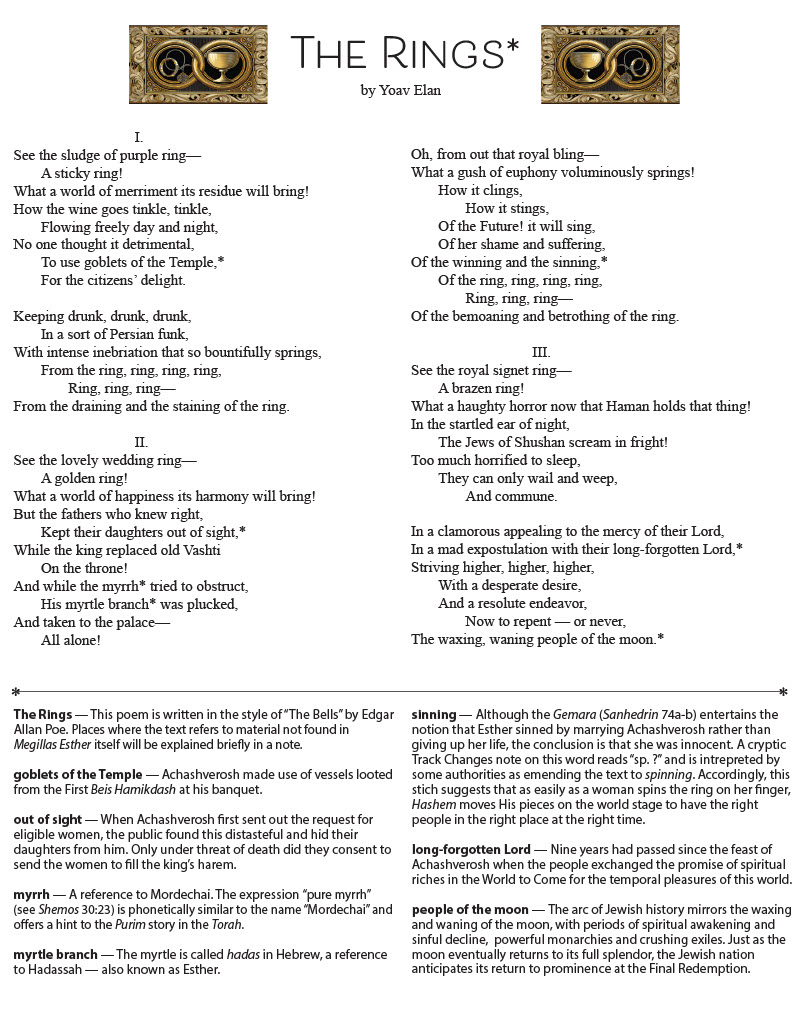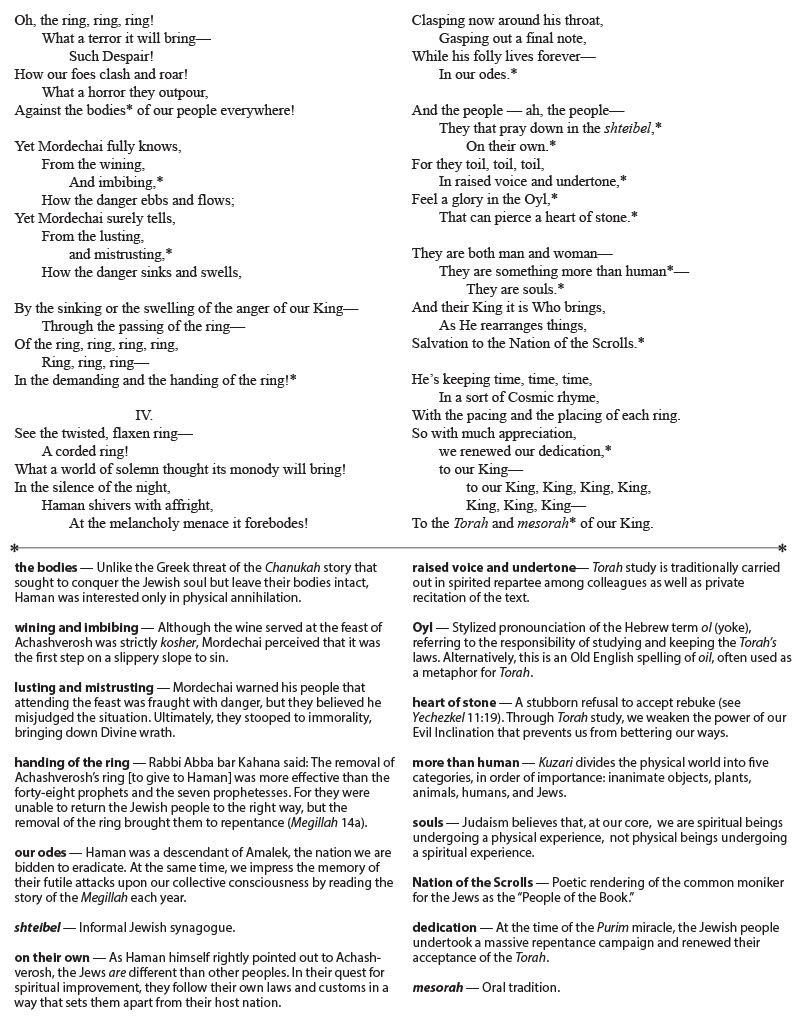Visiting Panama
When was the last time you planned a day trip or vacation and didn’t have to worry about bringing food (aside from Israel and New York)? Surprisingly, the country of Panama is that place; it is frum and kosher friendly.
For the past several years, friends and relatives have visited Panama City and raved about the sites as well as the approximately 40 affordable kosher restaurants – everything from high-end steak houses to frozen yogurt. Several months ago, at my Monday mahjong game, I said, “I’d like to go to Panama.” My friend Phyllis replied, “Me, too!” Finally, in August 2025, we got together to plan our seven-day trip (including two travel days), which we took this January.









